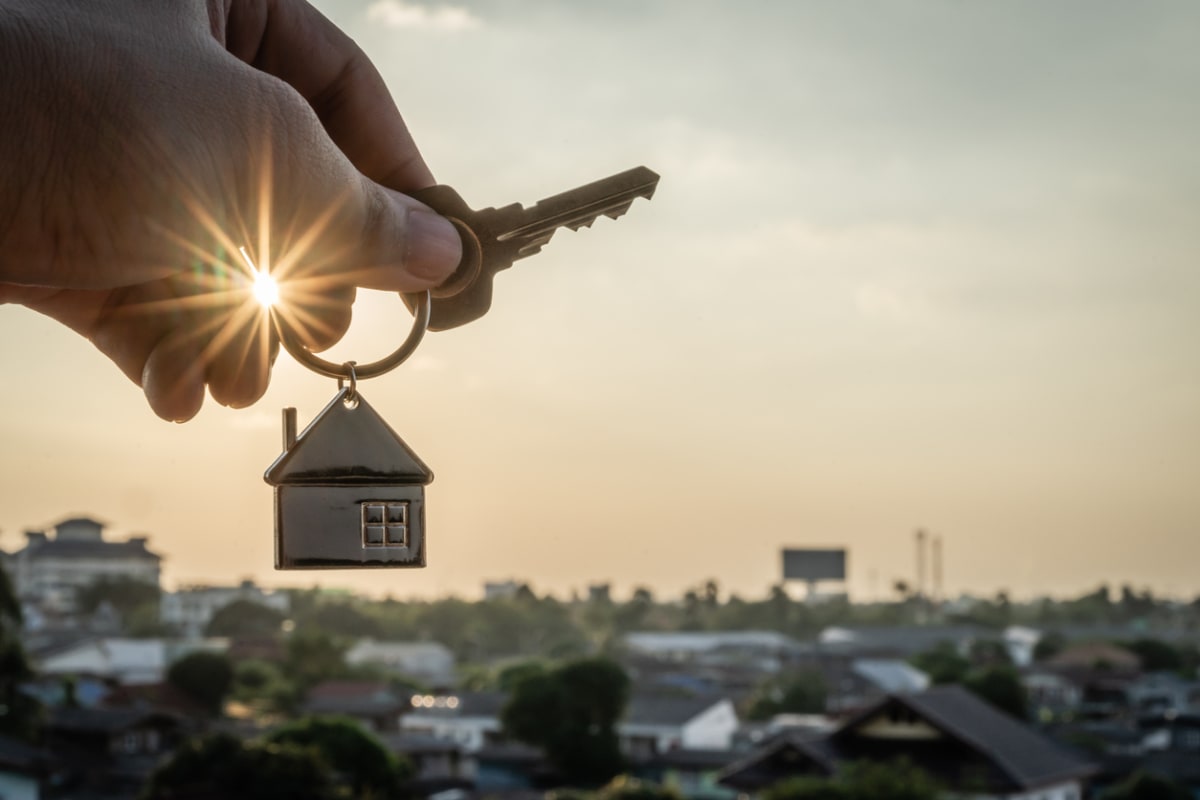Top 5 Rental Property Investment Tips

Getting the most out of your rental property starts with choosing the right one to invest in. However, you may not know where to start.
Here are five tips to help you purchase the perfect rental property!
1. Take your time, and do your research
Not all rental properties are successful. You’ll need to evaluate:
- Whether or not a rental property is the right investment for you
- What the local by-laws are
- Which tools you can use to improve your ROI
- And more
Before even beginning to evaluate the rental market in your area, we highly recommend speaking with other landlords, financial advisors, lawyers, and other parties who can help you assess whether or not owning a rental property is right for you.
Visiting forums like r/landlords can help you understand the hurdles landlords face—and the methods they use to overcome those challenges. Knowing what you’re getting into before buying a rental property will make you more likely to succeed.
2. Carefully Evaluate Your Financial Situation
You won’t make money off of your rental property right away. In fact, you may start by losing money—it can take time to find tenants, and you may need to renovate the property before you start renting it out.
That means you’ll need more than the cost of the property or down payment before you can realistically invest in a rental property. In addition to the cost of acquisition, we recommend that you have enough money to cover:
- Insurance
- Maintenance
- Emergencies
- Closing costs
- Escrow
- Taxes
- And more
The cost of these items will vary from market to market—saving about 20-30% of your rental income (after mortgage payments and other costs) for maintenance and emergencies is a good idea.
How much should you make from renting your property? After you’ve paid all costs, we recommend a minimum of 15% yearly ROI, so you can make back the cost of purchase in a bit less than seven years. That’s another reason you should be in a strong position financially before purchasing a rental property—you won’t make your money back right away.
Should you buy a property outright, or get a mortgage? Generally, we recommend mortgaging. Doing so frees up a lot of capital, and you’ll set your rental income to more than cover the cost of your mortgage and property taxes. As such, it’s easier to get a good ROI—if you’ve only put $30,000 down on a property, you can make 15% ROI with just $4500 in profit each year.
3. Understand the Rental Market
For your first rental property, it’s a good idea to invest in a market you know. When you understand the reputation of the area you’re renting in—its neighborhoods, the places locals like to visit, the types of properties people want to live in—it’s easier to spot the right property to invest in.
Here are a few of the things you should consider when looking for an investment property:
- The average rent in the area
- The property tax rate
- Proximity to schools and other amenities
- Plans for future development in the area
- The job market
- Crime rates
- Vacancy rates
- Insurance costs
Knowing everything about the area you want to invest in will help you with everything from determining which property is right for you to setting rental rates.
4. Invest in Your Investment
You can limit how much you invest into your properties by only spending money on repairs, maintenance, and advertising (as well as the cost of the property).
But, that might not be the best way to get a good ROI.
There are a number of ways you can get more out of your rental properties. You can build improvements. You can hire a property manager to take care of the day-to-day for you, freeing up your time. And you can invest in apps like RentRedi to automate rent collection, tenant screening, and more.
5. Diversify Your Portfolio
You should never keep all of your eggs in one basket. There are a number of ways to diversify your portfolio.
You can put your money toward non-property investments, like stocks. You can also diversify your property-related investments. Find neighborhoods where people are looking for apartments for rent, purchase an apartment block with a good vacancy rate, and rent it out. Invest in a variety of different neighborhoods to mitigate the effect of market fluctuations. You could even consider investing in vacation homes to list on Airbnb or Vrbo.
Rental Property Investments
Investing in a rental property can be a profitable and rewarding experience. We hope these tips help you choose the perfect property for your needs!
Make sure you do your research beforehand. This can be a beneficial step in ensuring you have all the tools you need to get started. Include property management software to help you manage your rentals once you purchase!
Tools like RentRedi can help you collect rent, find & screen tenants, list units, sign leases, manage maintenance, and more!
